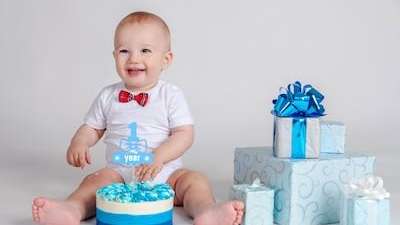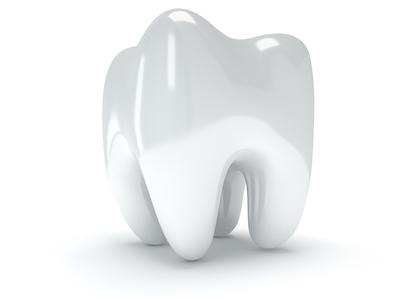
First step. First word. First tooth.
You just can't wait for baby to achieve these developmental milestones.
But apart from being markers in your baby's development, these herald greater parental responsibilities.
In particular, the eruption of a child's first set of teeth serves as an opportunity for parents and their child's dentist in Melbourne to build a solid dental health foundation.
Your Baby's First Teeth
Contrary to what some people may believe, babies are born with 20 primary teeth. The first teeth should erupt anywhere between the sixth month and the first year.
By the time a baby reaches three years of age, he should have a complete set of baby teeth.
Typically, the first teeth to erupt are those in the front upper and lower parts of the mouth.
Baby Teeth Are Not Just Placeholders
Why are baby teeth important?
Baby teeth are not just placeholders for where the permanent teeth will eventually grow out. Your baby's first teeth are important for a few crucial reasons.
Baby teeth contribute to the development of your child's ability to eat, speak, and smile.
When your child loses his baby teeth prematurely, this can create various oral health problems when he reaches adulthood. These include crooked and crowded teeth.
Simply put, if you want your child to retain his teeth for as long as possible and avoid the use f dentures and other tooth replacement options, start caring for his teeth and gums ASAP.
Give Your Child the Best Headstart
Caring for your child's primary teeth should begin as early as possible.
But when and how, exactly?
The best place to start is to schedule a visit with your child's dentist before age four. This initial visit serves a few important purposes.
- For one, the children's dentist in Black Rock or Moorabbin can gain insight into your baby's oral health. Then, if your dentist sees any problems, these can be remedied early on to prevent other problems as your child ages.
- This visit is also an excellent time for dentists to teach parents how to care for their children's primary teeth.
- Finally, this visit presents an excellent opportunity for your baby to become more familiar and comfortable with the environment of a dental clinic.
Apart from scheduling your baby's initial visit to the dentist, here are other tips that will help you take care of their oral health.
1. Start with the Gums
Caring for your child's oral health begins before his first tooth erupts.
Caring for the gums is equally important as caring for Bub's primary teeth. But how exactly do you do that?
If your baby's first tooth has not yet erupted, you cannot use a toothbrush and toothpaste. Instead, you will need to use either a piece of gauze or a washcloth to clean baby's gums after each feeding and before going to sleep at night.
Doing this prevents bacteria from developing into harmful plaque.
2. Help Your Child Deal with Teething
Generally, it takes about two years for a baby to undergo teething. This period can be difficult for the child and parents. For babies, in particular, teething can be uncomfortable and painful even.
To reduce your baby's discomfort during this period, there are a few things you can do.
For example, give them something cold to chew on. It can be as simple as a clean cloth or a teething ring. If you intend to provide a teething ring, make sure it is large enough to prevent swallowing it. Also, do not buy teething rings with liquids inside.
Consult your paediatrician or dentist about using topical pain relievers. Some pain relievers may not be compatible with young children.
 3. Brush Your Baby's Teeth
3. Brush Your Baby's Teeth
Once baby's first tooth erupts, you can begin brushing it.
For this task, you will need a toothbrush specially made for babies. Such a toothbrush will have a large handle with a small head and soft bristles.
Initially, you do not need to use toothpaste. But as more of the tooth erupts, you can use a small amount of toothpaste, roughly the size of a small grain of rice.
Continue using this amount of toothpaste until your child reaches the age of three, when you should increase the amount to roughly the size of a pea.
Parents should supervise their children while brushing their teeth until age six, when they can be more independent.
While your child is brushing, check for signs of dental problems and alert your dentist about these on your next scheduled visit.
4. Keep Cavities at Bay
Cavities are a perennial problem for both kids and adults. And as such, you should take a proactive approach early in your child's life to prevent problems later on.
In particular, parents should be cautious in giving their children sweetened drinks, including juices and milk.
Your baby's feeding bottle should only be filled with water, breast milk, or formula.
As much as possible, avoid giving juices or sodas. The sugar in these drinks can lead to tooth decay.
If baby cannot sleep without his feeding bottle, fill it with plain water.
We Recommend Seeing a Children's Dentist in Melbourne Early
Although baby's primary teeth will be with them for just a few years, taking care of those as early as possible is crucial. After all, the future of your child's oral health depends on the care you administer at this stage.
Want to learn more about caring for your Bub's teeth and gums? Call us today and schedule a consultation with our trusted dentists.
